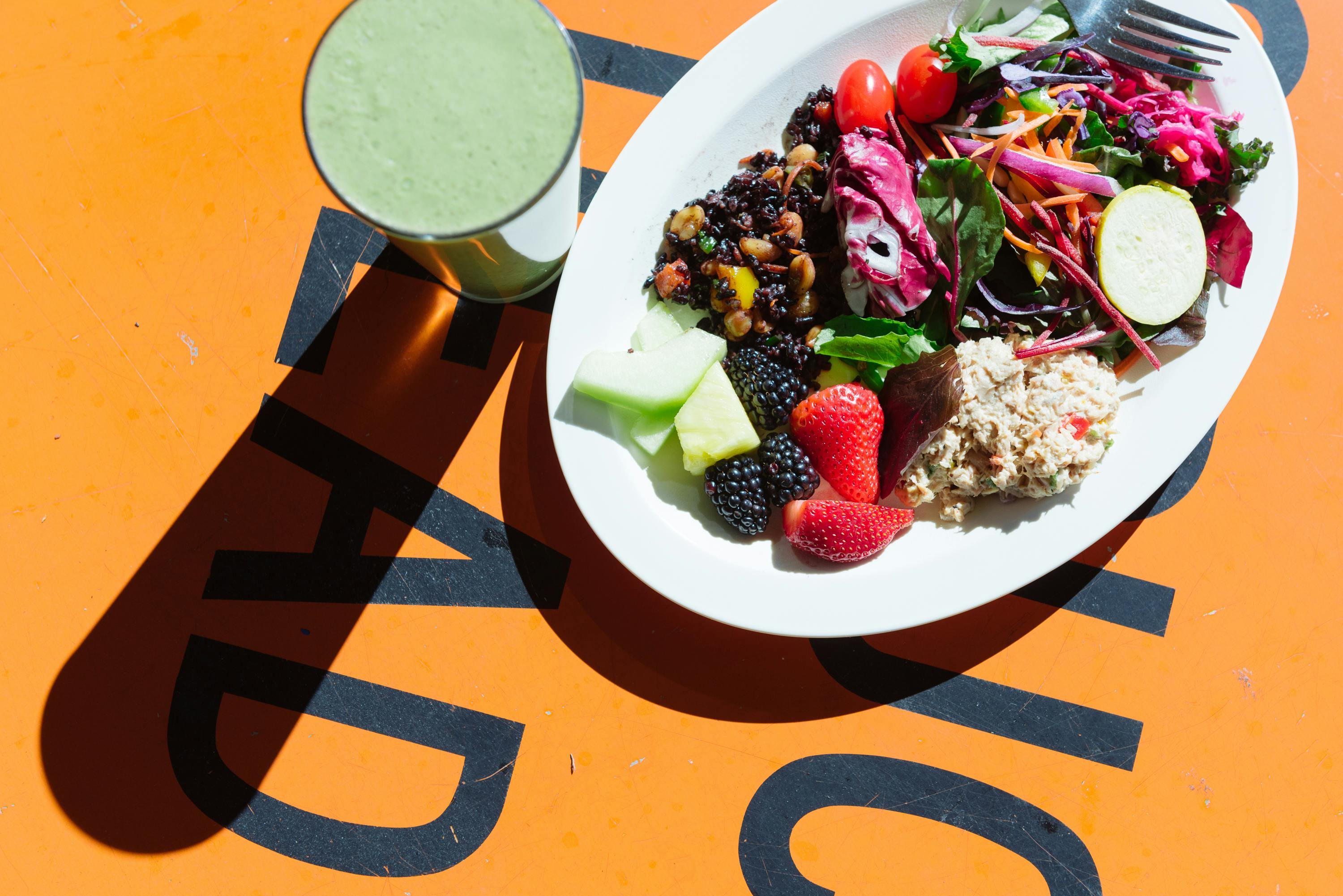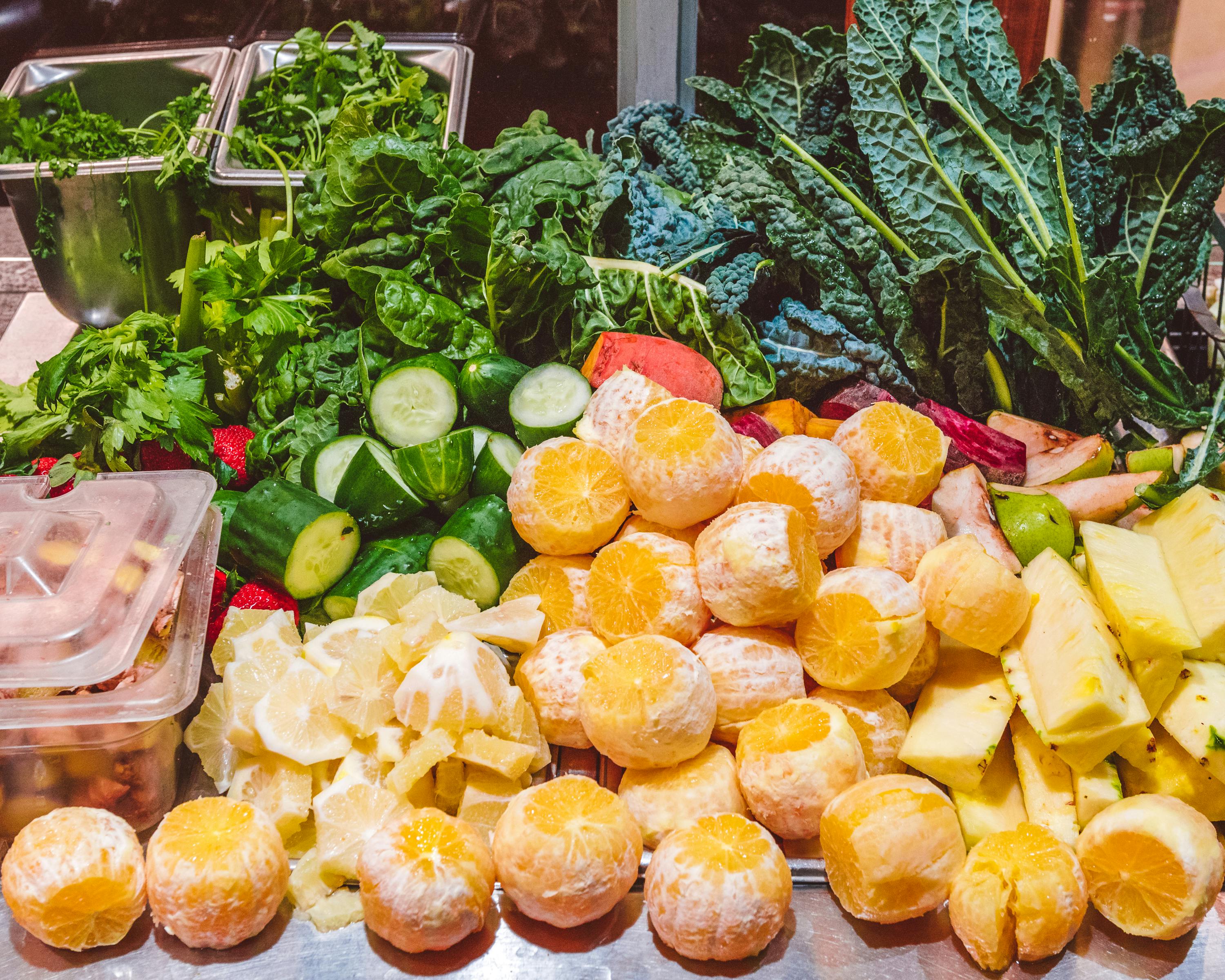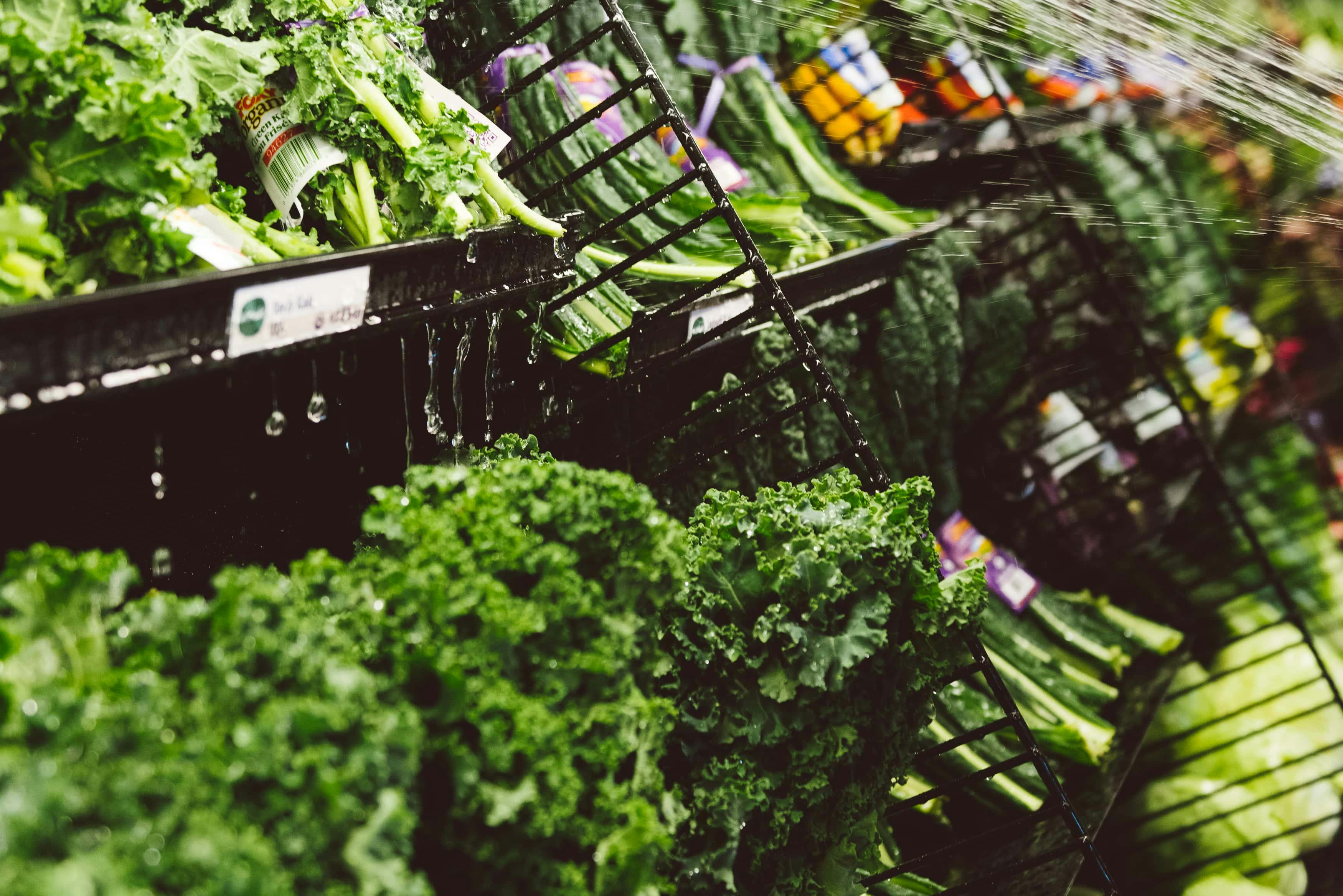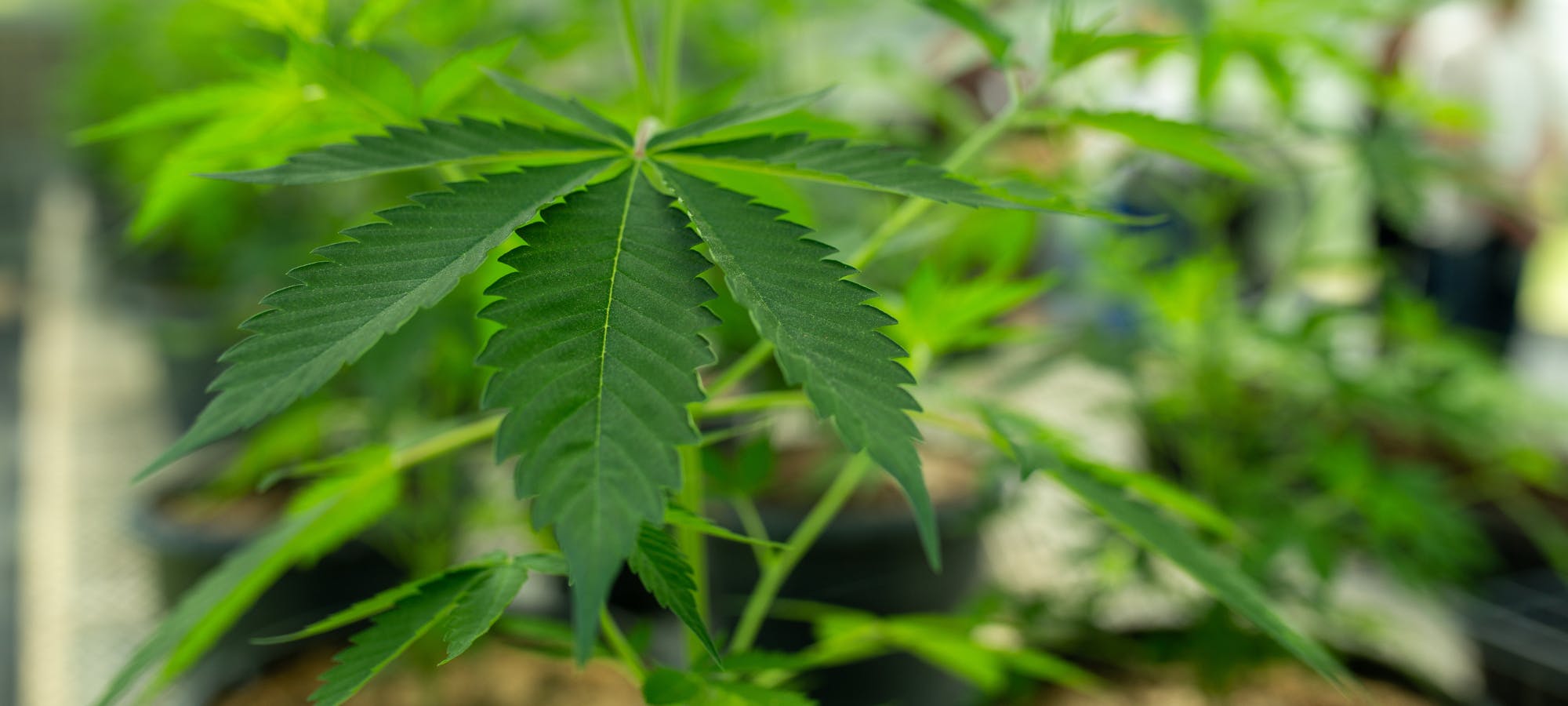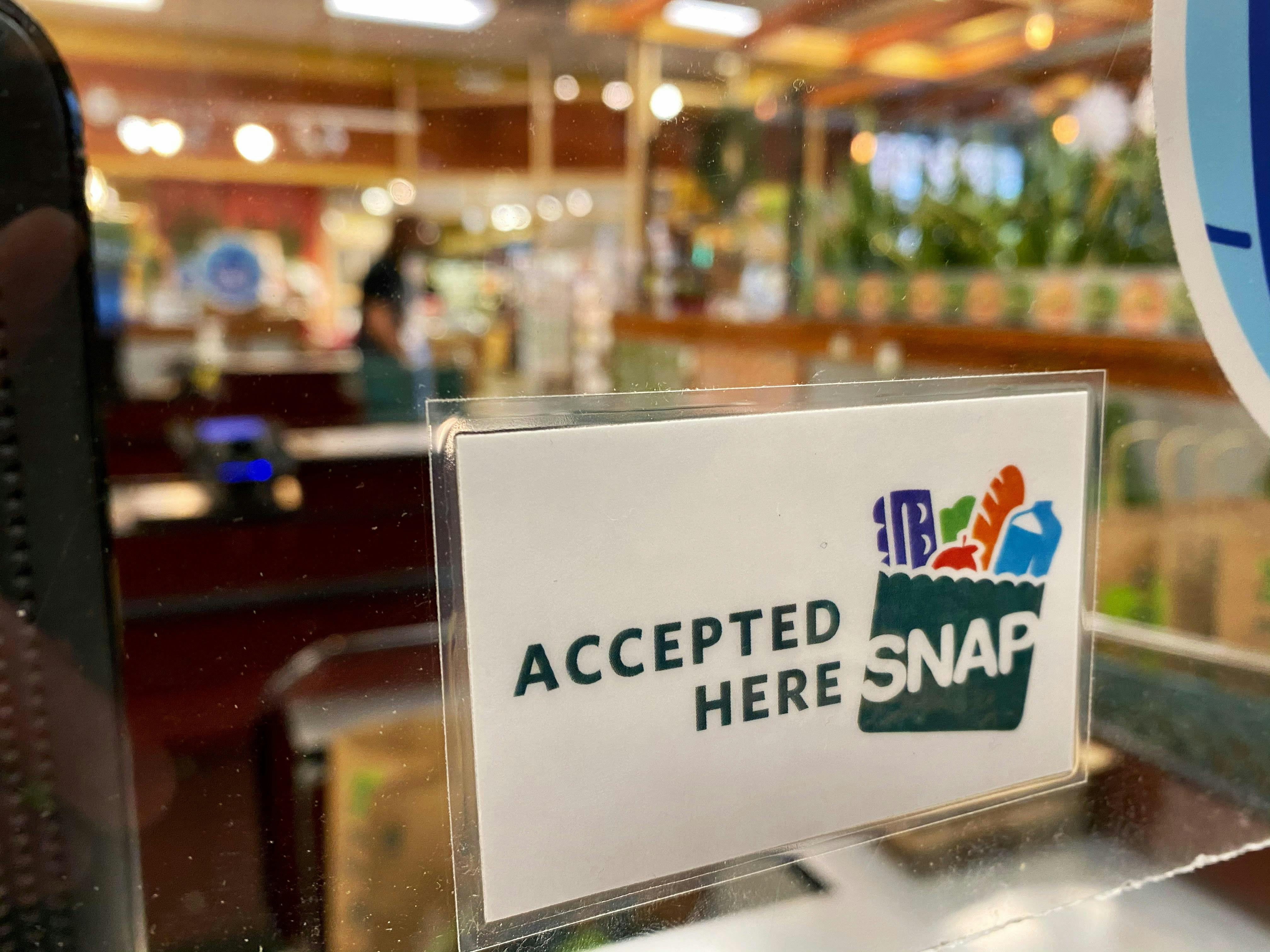Organic standards continue to be eroded by “Big Agriculture’s” influence as a California judge rules to allow hydroponic fruits, vegetables, and crops to be labeled USDA Organic in March 2021.
In 1990 the Organic Food Production Act (OFPA) was passed by congress, establishing the nation’s first National Organic Program (NOP) to develop and regulate organic standards throughout the United States. Under the USDA’s Agricultural Marketing Service, the OFPA also authorized the creation of the National Organic Standards Board (NOSB) to review and make recommendations about organic standards to the Secretary of Agriculture.
The debate over whether or not hydroponics should be allowed under organic standards has been going on since the early ‘90s. When originally written in 1990, the OFPA clearly states that organic systems center around soil fertility, stating directly that “An organic plan shall contain provisions designed to foster soil fertility, primarily through the management of organic content of the soil through proper tillage, crop rotations and manuring.” Even after clear legislation, the NOSB changed their position on hydroponic crops. In 1995, the NOSB recommended to the NOP’s staff that hydroponic crops should be eligible for organic certification as long as they meet NOP standards. However, in 2010, the NOSB recommended that organic certification must be soil based “due to exclusions of soil-plant ecology”. But once again, in 2017, the NOSB changed their tune.
After NOSB’s most recent recommendation favoring hydroponic organic certification, the Center for Food Safety (CFS) formally asked the USDA to stop certifying hydroponic farmers as organic. Their petition was rejected, leading to the 2019 lawsuit filed against the USDA and subsequently this massive loss against organic standards last month.
Including hydroponics for organic eligibility puts a massive and unfair burden on traditional, soil-based organic farmers. First and foremost, including hydroponics creates an unequal market, where hydroponic farmers do not have to wait the mandatory three year soil cleansing period to begin selling under the “USDA Organic” label. This double standard gives a significant monetary edge to hydroponic farmers since they are able to immediately start selling their produce to organic consumers without the upfront expensive organic farmers have to shell out. Additionally, with soil and soil-less products on the market under the same labeling, organic consumers cannot distinguish between the two when making purchasing decisions, lowering the trust and support in organic labels. Soil is an important factor when it comes to organic farming and produce.
Big Agriculture has their hand in the weakening of organic standards as a way to include more products on the market at the price of organic, but without the cost of organic. Through extensive lobbying of retailers and government officials, large corporations have been able to quickly deteriorate the very foundation of organic practices.
While we have lost this battle against the upending of organics in America, we have not yet lost the war. The CFS is currently evaluating their legal options and vow to continue working hard to “defend the meaning of the organic label”. In the meantime, we as individuals can call and urge our representatives in both the House and the Senate to urge the USDA to change their decision regarding hydroponics in organic standards.
Sources:
- https://www.organicconsumers.org/campaigns/save-organic-standards
- https://beyondpesticides.org/dailynewsblog/2021/03/court-rules-soil-less-hydroponics-allowed-under-organic-standards-organic-farmers-and-consumers-say-no/
- https://www.realorganicproject.org/law-fighters/
- https://www.theguardian.com/environment/2020/feb/25/the-end-of-farming-rewilding-intensive-agriculture-food-safety
